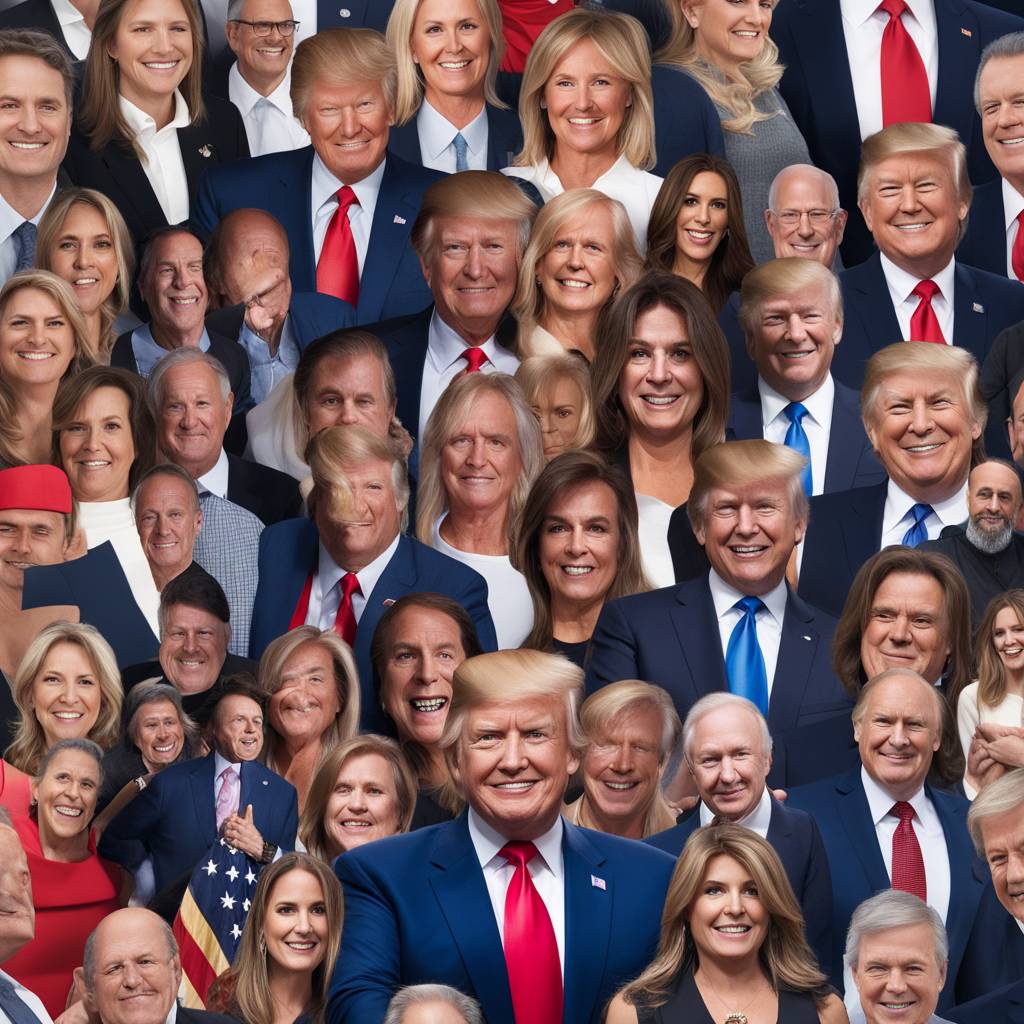Marty Davis, a wealthy Minnesota businessman and strong supporter of former President Donald Trump, was one of the first investors to lend money to Trump Media & Technology Group in October 2021. Davis contributed $5 million, part of the $40 million raised from private investors to help finance the launch of the Truth Social platform. Other early backers included Texas billionaires, a Florida hedge fund manager, and a trust with ties to a Russian American involved in offshore banking. The potential for conflicts of interest and undue influence over Mr. Trump should he return to the White House due to these investments has raised concerns among ethics experts.
The early investors of Trump Media were set to profit handsomely as most of the loans were designed to convert into shares, with a significant increase in value. Even though Mr. Trump did not personally invest a significant amount in the company, his 57 percent stake in Trump Media is currently valued at $3 billion. However, Trump Media itself lost $58 million last year and earned just $4.1 million from advertising on Truth Social. The company’s shares have fluctuated in value since going public, with significant drops in recent trading.
The founders of Trump Media, Wes Moss and Andy Litinsky, were former contestants on Mr. Trump’s reality television show “The Apprentice” and pitched the idea of starting the company in January 2021 after Mr. Trump was banned from Twitter. The loan agreements reviewed in connection with a whistle-blower complaint against Digital World Acquisition Corp. were provided by lawyers for a former Trump Media employee. These agreements revealed the involvement of various investors, including Stephen Bell, Philip Brewster, and Patrick Mincey.
One of the more high-profile financial backers of Trump Media is Marty Davis, who has a history of supporting Mr. Trump’s campaigns and lobbying the administration on trade issues affecting his countertop manufacturing company. Davis actively pushed Mr. Trump to fight the 2020 election results, claiming widespread illegal voting in Minnesota. Another investor, the ES Family Trust, has ties to a Russian American financier, Anton Postolnikov, who once owned Paxum Bank and was under scrutiny in an insider-trading investigation related to Digital World securities.
The potential for conflicts of interest and undue influence over Mr. Trump in the event of his return to the White House has raised concerns among ethics experts. If Mr. Trump fails to divest himself of his stake in Trump Media, it could create opportunities for foreign actors or special interests to try to influence him, including through advertising on Truth Social. The valuation of Trump Media, its financial performance, and the involvement of various investors, including those with political connections, add complexity to the situation.
Ultimately, the involvement of wealthy investors in Trump Media, including individuals with political ties and potential conflicts of interest, underscores the challenges of navigating the intersection of politics, business, and media. The sharing of documents related to the investment agreements and the ongoing scrutiny of the company’s operations highlight the importance of transparency and accountability in the realm of public and private financing. With the evolving landscape of social media and the influence of technology on politics, the case of Trump Media serves as a case study in the complexities and consequences of such investments.








